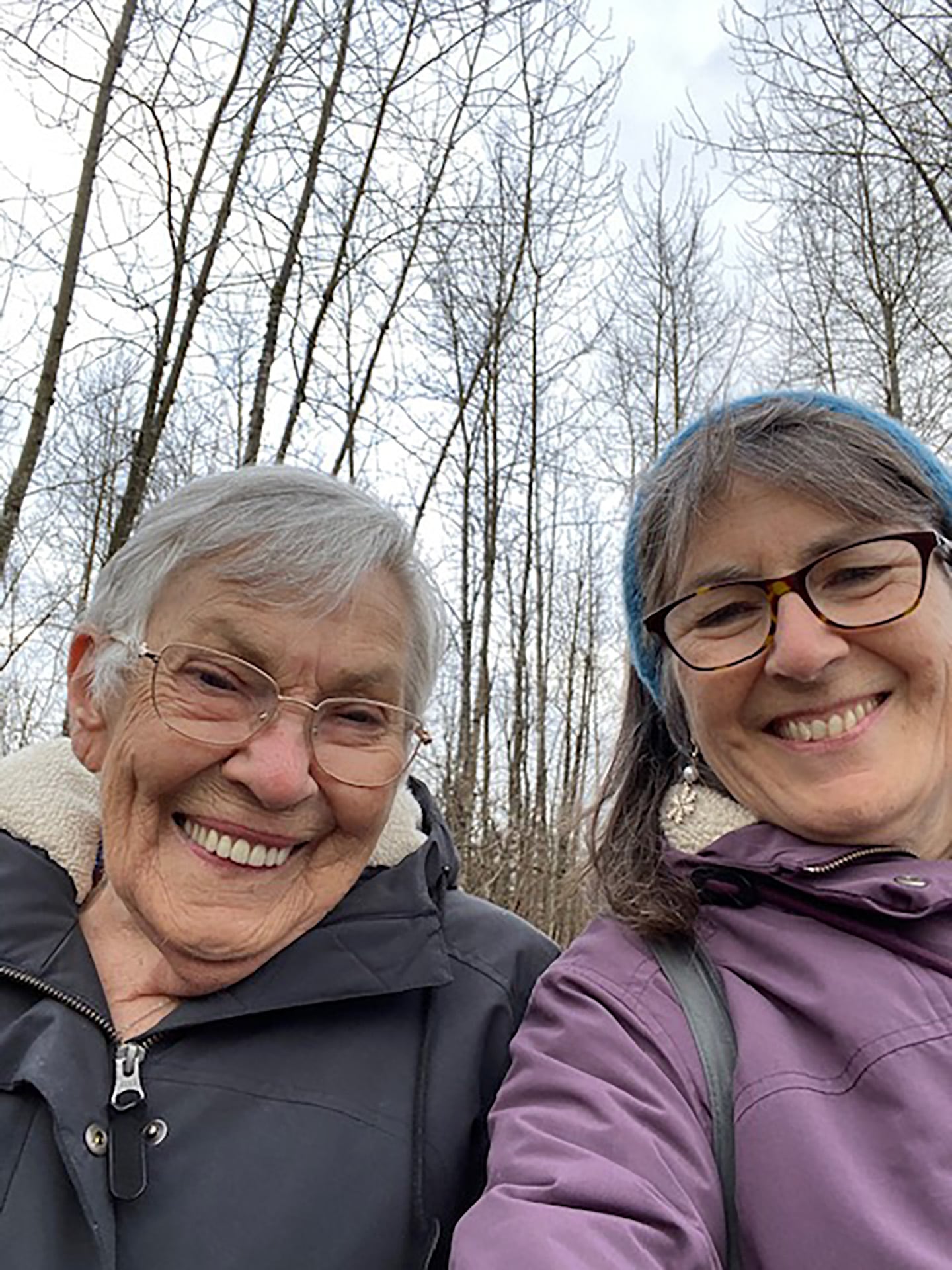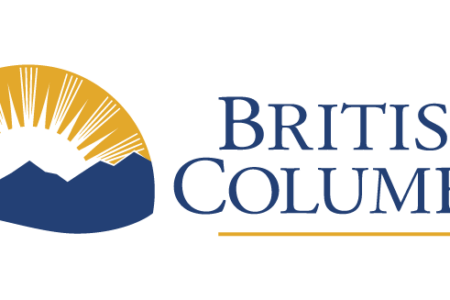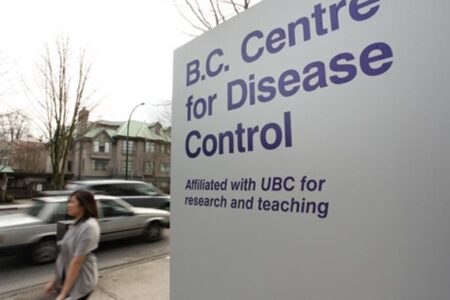Kootenay Boundary residents benefit from Alzheimer Society's new programs
Five years after a diagnosis, Earla Legault and her mother Joey approached a milestone on their dementia journey: Joey was set to move from independent assisted living into long-term care.
Earla had been Joey’s primary support, but with the new home closer to her brother, she was ready to take a step back while he took over with caregiving support, starting with the move. Joey, a retired nurse, knew she needed more care and was happy about the transition too. Then moving day came and Joey forgot about their plans.
“She looked around the new home and said, ‘This is nice,’” Earla says. “‘I’m going home now.’”
Earla’s brother, alone at the care home with Joey and introducing her into her new home, called Earla concerned.
“Mom does NOT want to be here,” he told his sister. Earla immediately called the Alzheimer Society of B.C.’s First Link® Dementia Helpline for support. As the person on the line gave suggestions on how to reassure and validate Joey through the situation, Earla texted a script of helpful phrases back to her brother in real time.
“He used it all and said it was perfect,” Earla says. “The Alzheimer Society is there to guide you because they’ve been there before. Our family was in new territory and we needed specific support.”
Earla has navigated the challenges of caregiving with ongoing support and education from the Alzheimer Society of B.C., including many calls to the Helpline and participation in virtual caregiver support groups, which have recently expanded and can be accessed by phone or online.
The Society is encouraging any caregivers or people living with early-stage dementia in the Regional District of Kootenay Boundary to call the Helpline to learn more or register, including for groups of caregivers of people in long-term care, LGBTQ+ caregivers or Mandarin- and Cantonese-language groups, among others.
The charity has also expanded its online Minds in Motion® fitness and social program and continues to offer ongoing online education, as well as support and information Monday to Friday in English, Cantonese, Mandarin and Punjabi on the First Link® Dementia Helpline.
“Hearing other peoples’ stories is really beneficial,” Earla says. “You know their names and remember their familiar voices. I treat the group as a resource because I always learn something helpful that supports me in looking after my loved one and myself. I believe when you’re listening to your peers and hear them being vulnerable, it allows you to be vulnerable too.”
The latest groups follow a successful pilot project of the virtual programming in the fall, in which 85 per cent of participants reported feeling more connected to others in the same situation since attending the group. More than 90 per cent of the members said they would recommend participating in the program to other people. Minds in Motion® programs are also open to new registrants living with early-stage dementia and a care partner looking for a way to connect socially and stay active.

























Comments